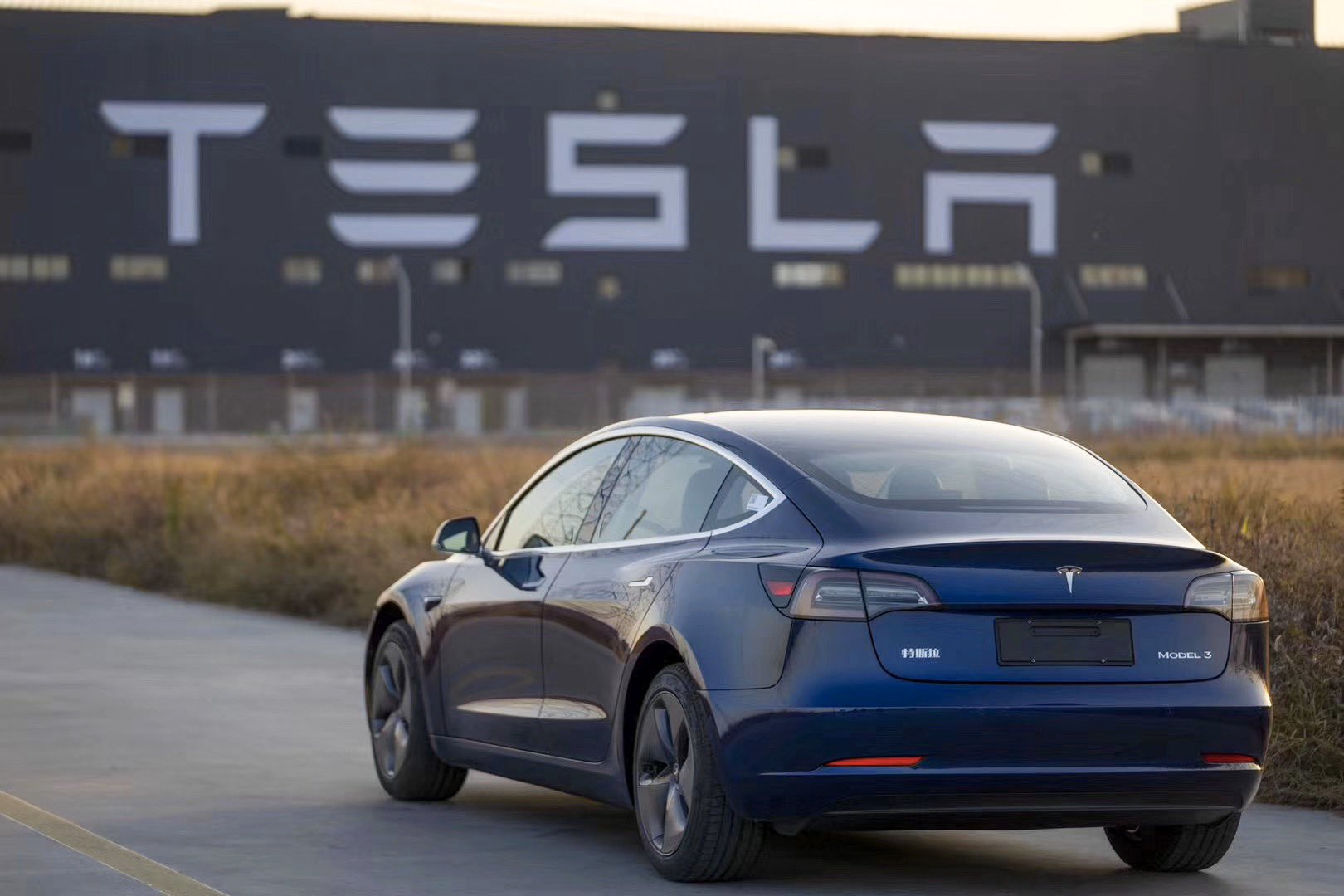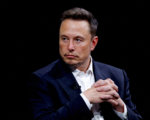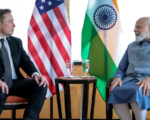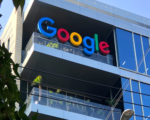Tesla is facing a lawsuit filed by the family of a driver who died in a collision in 2023, alleging that the company’s “fraudulent misrepresentation” of its Autopilot technology was to blame for the fatal crash. The lawsuit, filed in October in Contra Costa County, California, centers around the death of Genesis Giovanni Mendoza-Martinez, who was driving a 2021 Tesla Model S when it crashed into a parked fire truck while using the Autopilot system. Mendoza’s brother, Caleb, who was a passenger at the time, was seriously injured in the incident.
The Mendoza family’s legal team argues that Tesla, along with CEO Elon Musk, has exaggerated the capabilities of the Autopilot system in order to boost excitement and financial performance for the company. The lawsuit cites multiple instances, including tweets, company blog posts, and statements from earnings calls, where Tesla has made claims about Autopilot’s safety and effectiveness.
In response, Tesla’s legal team contends that the crash was caused by the driver’s own “negligent acts” and that any representations made by the company were not a substantial factor in the incident. Tesla asserts that its vehicles and systems are designed to meet safety standards and comply with both state and federal laws.
Tesla recently succeeded in moving the case from state court to federal court in California’s Northern District. Legal experts note that fraud claims in federal court typically carry a higher burden of proof. The lawsuit adds to the growing number of legal challenges Tesla faces regarding the safety of its Autopilot and Full Self-Driving (FSD) systems. At least 15 other cases are currently active, involving Tesla incidents where either Autopilot or FSD was in use prior to a crash, some of which have been moved to federal court.
The crash has also drawn attention from the National Highway Traffic Safety Administration (NHTSA), which opened an investigation into Tesla’s Autopilot system in 2021. As part of the probe, Tesla made several updates to its systems, including over-the-air software modifications. A second NHTSA investigation is ongoing, evaluating the effectiveness of Tesla’s remedy to address Autopilot behavior around stationary emergency vehicles.
Tesla is also under scrutiny from the California Department of Motor Vehicles, which has sued the company for false advertising, alleging that Tesla’s claims about its Autopilot and FSD features mislead consumers. Despite these legal challenges, Tesla is continuing to roll out a new version of its FSD system. Elon Musk recently encouraged his millions of followers on X to “Demonstrate Tesla self-driving to a friend,” claiming the technology “feels like magic.”
Despite Musk’s ongoing promises of fully autonomous driving, competitors like Waymo (owned by Alphabet) and Chinese firms WeRide and Pony.ai are already operating commercial robotaxi services, while Tesla has yet to deliver a fully autonomous vehicle.















